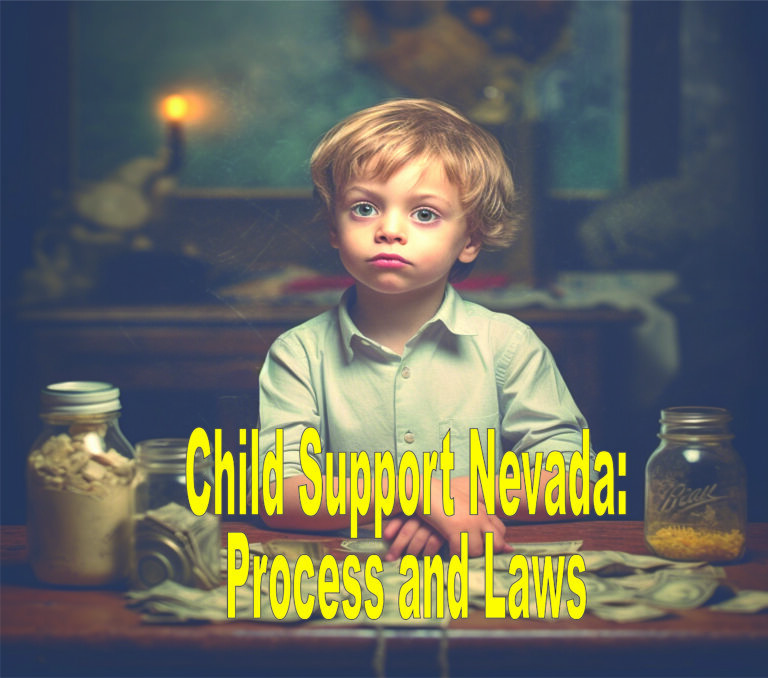Illinois Child Support Laws

Last Updated on May 23, 2024 by Kathy
To live a decent existence, children need the financial and emotional support of both their parents. If a family splits and the children are under care by one parent, it is likely that there will be a dramatic drop in standard of living. Illinois child support laws are in place to ensure that both parents share the costs of raising children.
A court will order child support payments, which are monthly payments that a noncustodial parent pays to their custodial spouse as a contribution towards their children’s education. However, not every states in the US enforces child support.
The Process For Child Support Laws After Divorce in Illinois
The Department of Healthcare and Family Services (HFS) administers child support services in Illinois. Custodial parents in the state who wish to apply for child support services can fill the application form on its website. The form must include the following information: name, address and social security number. HFS will use the information to locate and serve papers on the noncustodial parent. This will allow HFS to locate the other parent and serve papers. You cannot file a child support case without informing the noncustodial parent.
After finding the other parent and has knowledge that there is a child support case against them, the case will be in court. The court can order genetic testing to confirm the paternity. Parents may skip this process by filling a Voluntary Acknowledgment of Paternity Form. This will eliminate the need to have legal testing and can speed up the process for obtaining child support. It is vital to establish paternity as the child has the right to receive Social Security benefits, medical benefits, pensions, and veterans benefits. Visit the Illinois Government website for additional information on establishing paternity.
After Establishment of Paternity
Once the court has reached a decision on the paternity, it can issue a court order. To determine a fair amount of child support each month, the court uses income information from both parents. There can be deductions of child support payments from the paychecks of noncustodial parents, if they are aware of their employers. The money is automatically claimed, so this is very reliable. For further details on the application process for child support in Illinois, visit the State’s website.
If the income of the noncustodial parent has changed significantly or the needs of the child have changed over time, parents can apply to review their child support order. Visit the HFS website for details on the modification of support orders.
How Do You Receive Child Support
The State Disbursement Unit, or SDU, distributes child support payments. Parents who receive child support payments from the SDU have two options. Parents may choose to have the money paid directly into their checking or savings accounts through a direct deposit arrangement.
Next, you can receive funds on an IL Debit Mastercard. The funds can be used at various outlets, or taken out at Mastercard-approved ATMs. This option is available to those who don’t have a bank account, or do not want their bank accounts associated with child support cases. The SDU website have further information on the ways to receive the payments.
The Maximum Amount That Your Family Can Receive For Child Support
The state of Illinois has a Child Support Estimator, or calculator, to get an idea of how much you can receive as child support. The court will consider the income of each parent, the child’s age, and any special needs. Because these considerations are subjective and difficult to calculate, child support amounts may not be calculated accurately. However, the minimum amount that is payable per child is $40 per month.
Enforcement of Child Support Laws in Illinois
There are enforcement actions against non custodial parents if they fail to pay child support. These enforcement actions are designed to force the parent in default to pay what is owed. There are many options available, but the most popular is to suspend your driver’s license. Parents who default on child support payments can have their driver’s licenses suspended. Other actions include revocation of passports, refusing new applications, and placing administrative liens upon real estate and vehicles. The state also maintains a delinquent parents list.








